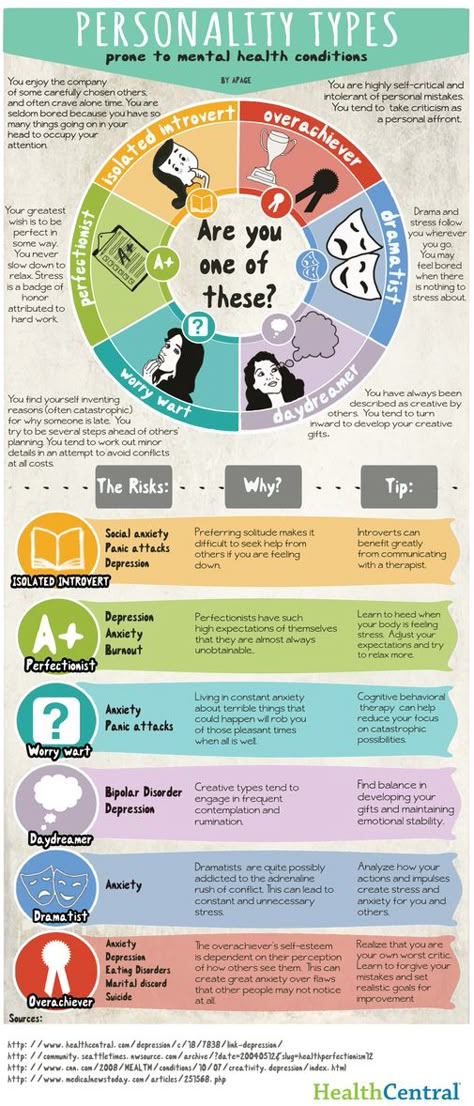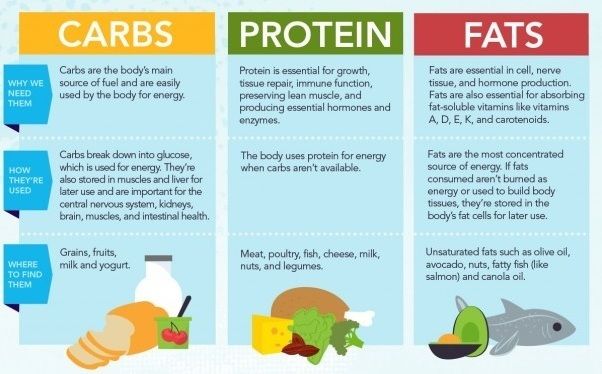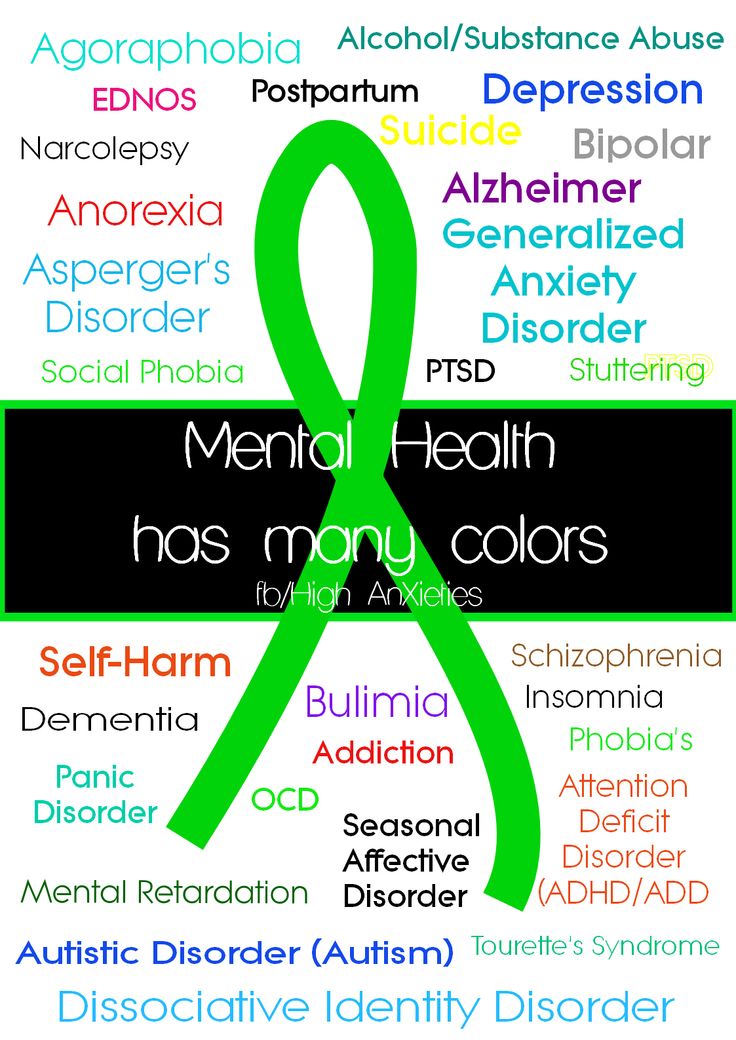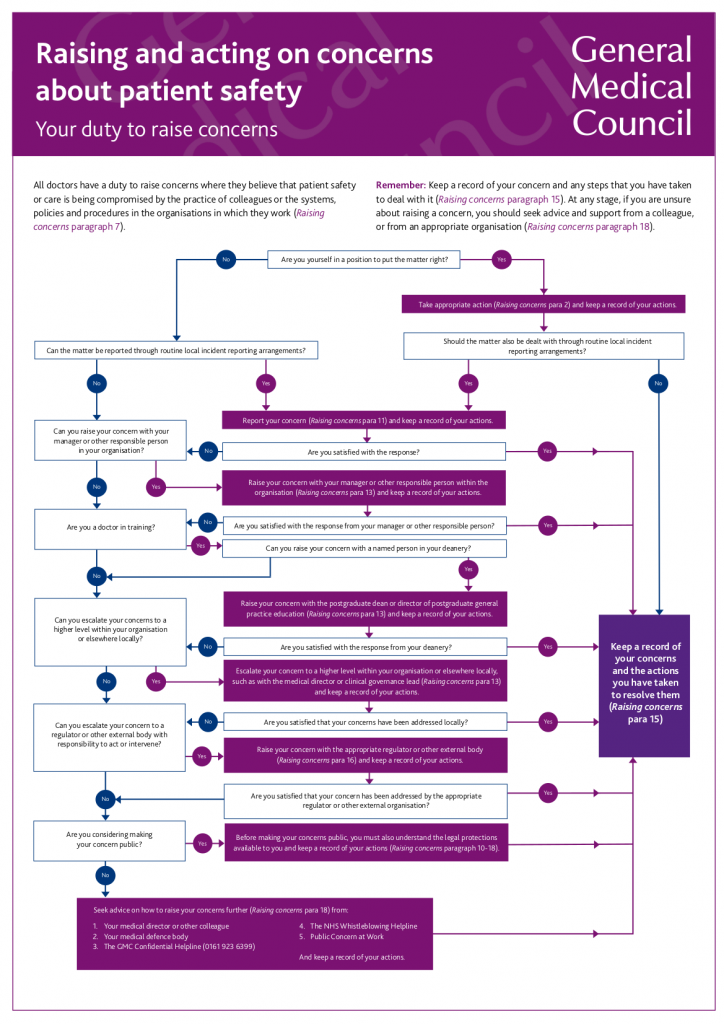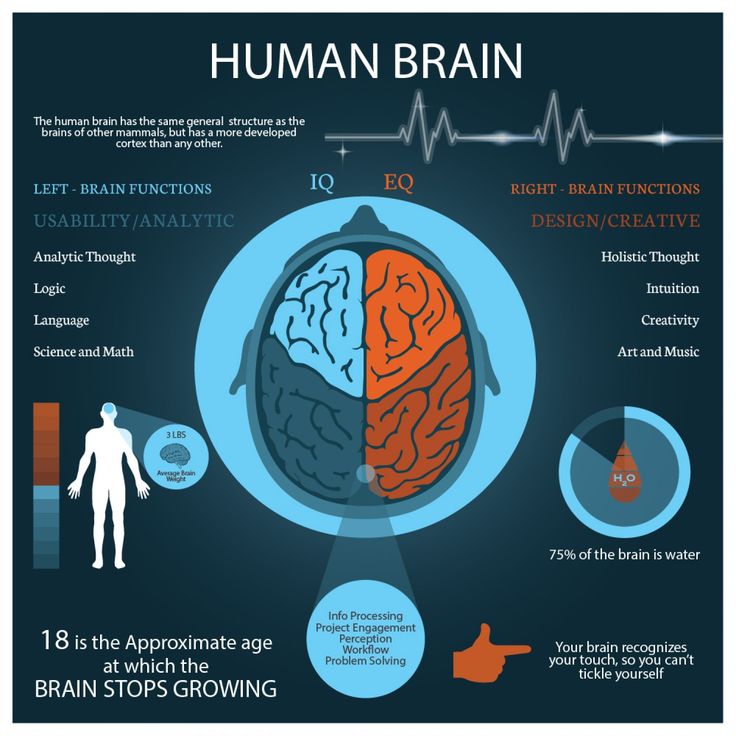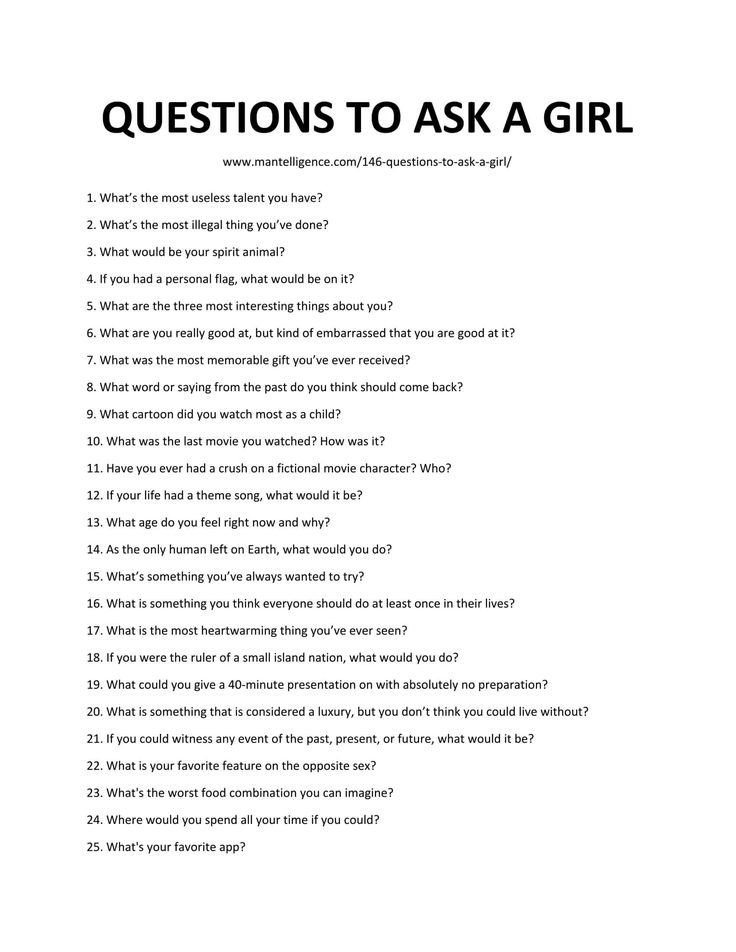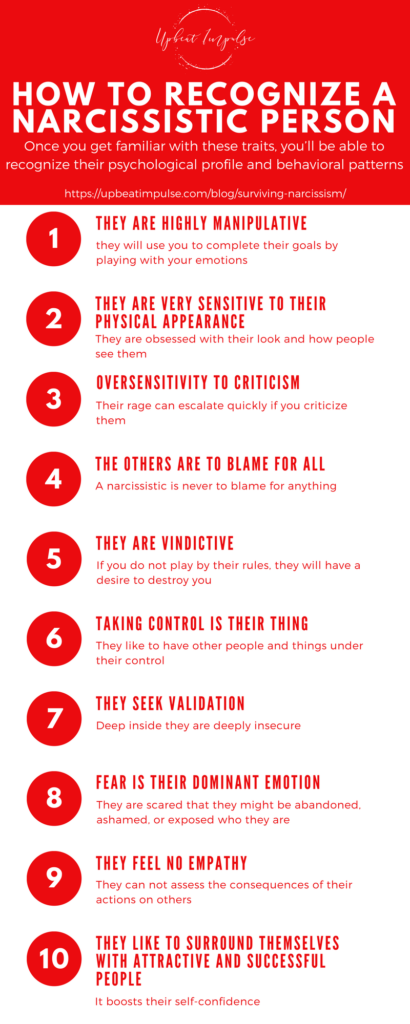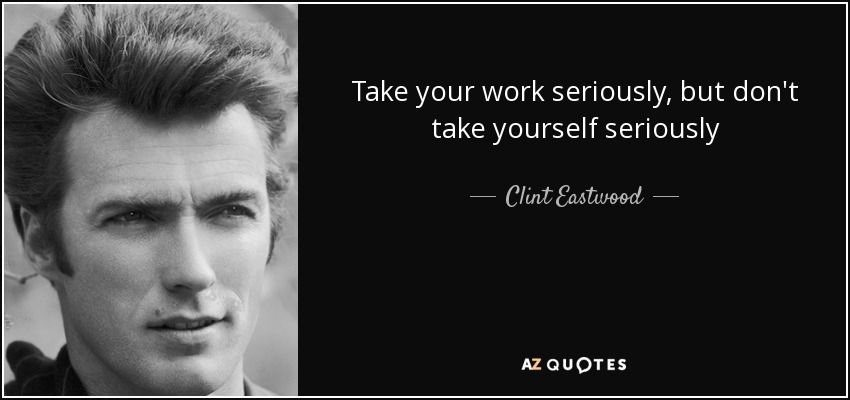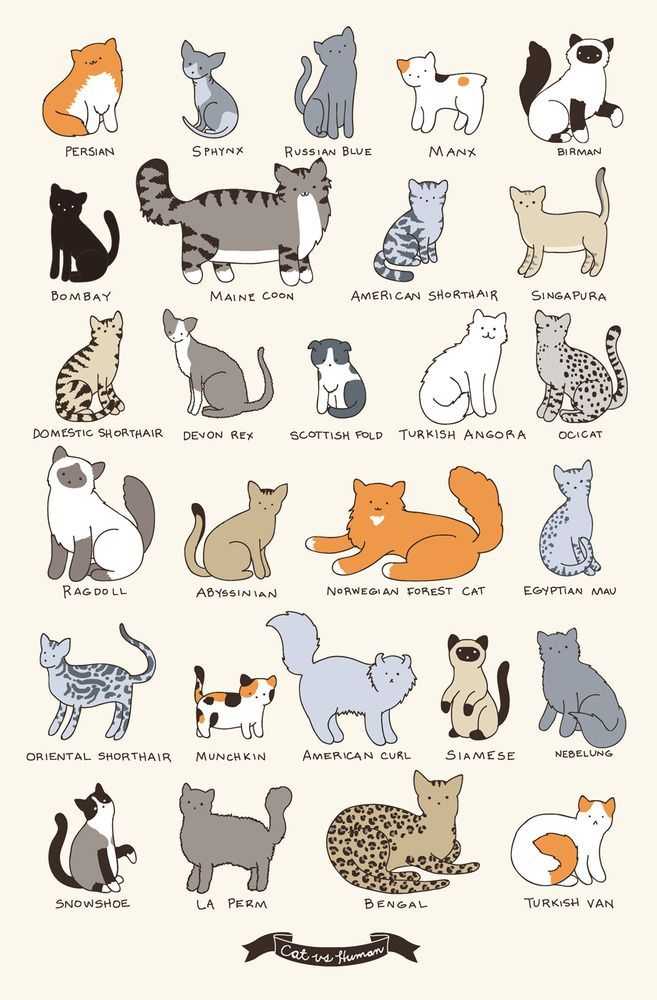Introverted social worker
Mindfulness Practice and Self-Care for Introverted Social Workers
We are drawn to service work for many reasons. We want to help others, we find human beings fascinating, and we are called to make ourselves available to the suffering of others. The work can be engaging, demanding, and draining. For those of us who are introverts, the energy expending and restoring aspects of the work can be critical.
Purchase Now on AmazonThe introverted brain is more active and stimulated relative to the extroverted brain. Because of this, extroverts will feed off the energy of social interactions while introverts will get drained. The type of interaction matters such that superficial banter is more exhausting than a deeper conversation. However, social energy expenditures need to be followed by periods of restoration in order to prevent burnout. The quality of our attention also matters to how energy is spent and during work time. We can bring mindful attention to our practice and, through that presence, engage in higher quality care and self-care simultaneously.
The default mode of the brain is self-talk. Neuroscientists have confirmed this self-referential thinking as the default mode network of the brain (DMN) and have mapped its pattern of activation. This is how we spend much of our time—engaged in storytelling, projecting ourselves into the future, dragging along the past, and generating opinions about the present. As introverts, we may be more prone to this internalized self-talk.
In clinician groups that I train in mindfulness that often include social workers, I survey the participants and ask them how often their DMN is active during sessions with clients. The range spans approximately 30 to 70 percent of attention on the task at hand and the rest rattling around loose in imagination. The average tends to be 50 percent. We are all well-meaning and care for the people we serve, but these informal surveys reveal that we can do a lot to improve our attention. Closing this gap and shifting from the DMN to the experience of the encounter-at-hand will, no doubt, make us more empathetic.
A regular practice of mindfulness meditation can help us to be more present. Studies by Yale’s Judson Brewer and others have shown that experienced mindfulness practitioners can more readily withdraw attention from the DMN and redirect to the embodied experience of the present moment. In addition to a regular meditation practice, you can bring mindful attention into your work hours.
Mindfulness works by focusing attention on something happening in the present moment such as the physical sensations of breathing. Each time attention moves away from the breath to the DMN, you refocus your attention on the breath. This process is repeated as needed, which is usually quite a lot!
I teach a technique that I simply call “divided attention.” If, as the survey suggested, a large chunk of our attention is not with our client, then we can take let’s say 10 percent of that attention and ground it on the breath. That is, we aim to be mindful during the service time such that we speak and listen with an awareness of our breathing body. Now, close to 90 percent of our attention is with our person because we have steered our attention away from the DMN.
Now, close to 90 percent of our attention is with our person because we have steered our attention away from the DMN.
This kind of attention takes practice. It’s easy to get caught up in the stories of the moment—our own and those of the people we treat. Having a regular daily silent meditation practice can help us to develop the skills necessary to be mindful while communicating. When we bring our full presence to the work, it tends to be less exhausting because we are getting the benefits of mindfulness practice through the service hour. Mindfulness helps us to bring a sacred attention to the work. It conveys that we care deeply enough to be present and becomes the vehicle of that presence. Compassion, empathy, and equanimity will follow.
We can also take the moments between sessions to have mindful breaks. Instead of peering into your smart phone, take three minutes to be with your body and mind. These little mindfulness hits can help to keep your energy tuned during the workday.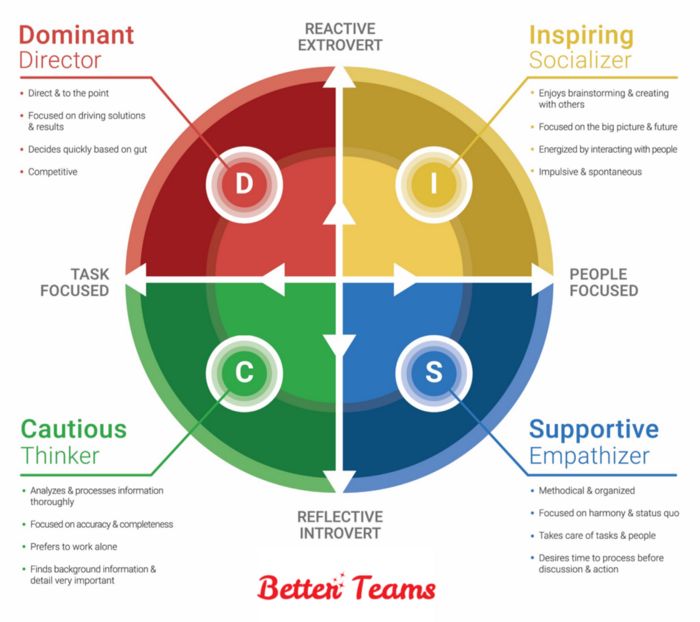
Mindfulness practice is a form of quiet solitude that is especially important for those of us who are introverts. It can be beneficial for everyone, but we need it for restoration of energy. Being mindful during sessions, as suggested above, can help to offset the energy drain that inevitably occurs in social work. Getting yourself on the cushion on a daily basis will also help to build a foundation of energy that can be drawn upon in all the challenging situations of your life.
What I’ve Learned as an Introvert Working in Extroverted Jobs
As an introvert, extroverted jobs have given me the opportunity to test what works for me — I understand my limits better.
My first-ever job was in an ice cream store. Scooping ice cream involved interacting with customers — sometimes long, overwhelming lines of them — as they came in on hot summer afternoons looking for sundaes, shakes, or a sugar cone. But even as someone who gets stressed out by crowds, I had fun with it.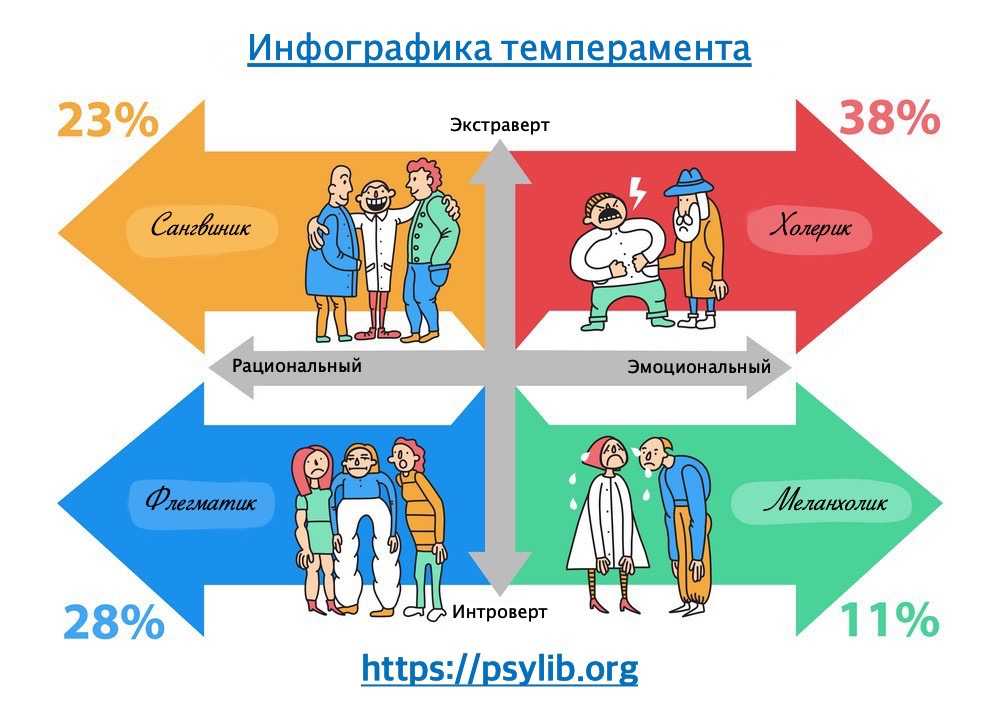 (I did, however, breathe a sigh of relief when I could go home to relative quiet.)
(I did, however, breathe a sigh of relief when I could go home to relative quiet.)
Most of the jobs I’ve held since my ice-cream-scooping days are considered “extroverted”: working in outreach-related higher education roles, in sales/business development, as a teaching assistant both abroad and in my graduate program, and as a museum guide.
Estimates, such as those shared in Susan Cain’s Quiet: The Power of Introverts in a World That Can’t Stop Talking, indicate that introverts make up one third to one half of the U.S. population. And, in extroverted jobs across the world in general, there are probably more of us out there than people think, either inadvertently or purposely masquerading as extroverts.
Introverts bring value to the workplace, whether it’s an introverted or extroverted job. Through experiences in extroverted jobs, I’ve learned a lot about both myself and the nature of introversion. And I hope that the insights below help other introverts in similar situations recognize their own needs and what they bring to the table.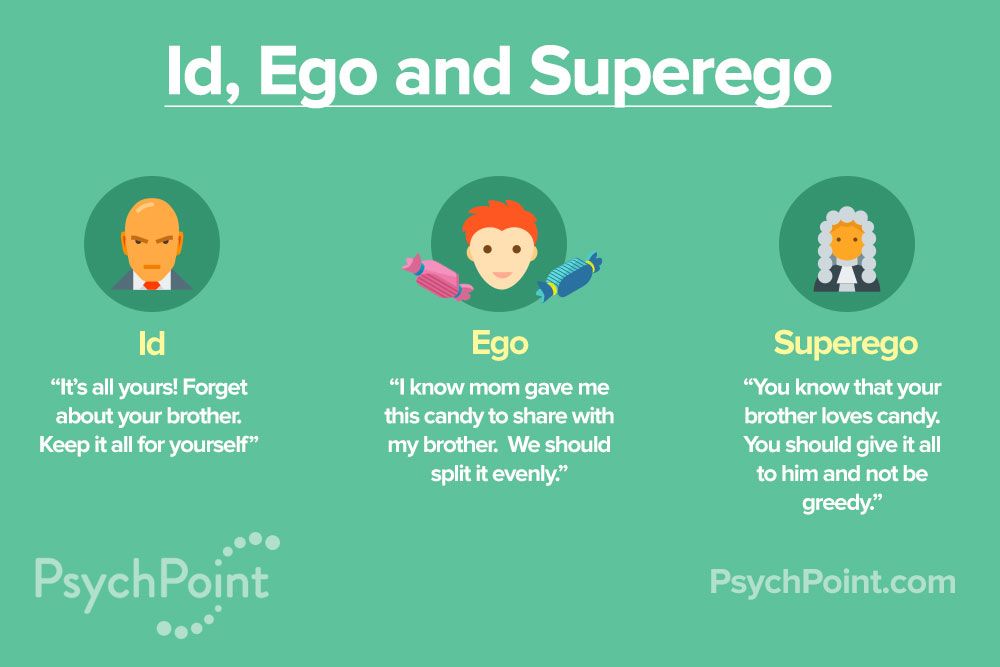
1. I now know my limits and don’t overextend myself.
This is one of the most valuable pieces of information about my introversion that I’ve gained from working in extroverted jobs. Extroverted jobs have given me the opportunity to test what works for me and what doesn’t as an introvert. I’m sure I understand my limits better than if I rarely had jobs considered “extroverted.”
These limits are all related to my own well-being as an introvert, rather than me putting myself in a box and imposing limitations on myself. For instance, I know when my energy is drained and I need to spend the next hour on a quiet solo task rather than join the impromptu chat out in the hallway. I know when I need to use my lunch for a walk in nature or nap versus when I can be more social. And I know that I shouldn’t overload a Monday with meetings, since I need significant time to myself at the beginning of each week to counteract the overwhelm I often feel.
2. I’m not as shy as I thought I was (but it’s okay to be shy).

I’d learned the difference between “introverted” and “shy” while doing theater throughout middle school, high school, and college. But extroverted jobs taught me that I can walk up to people, make calls, or speak in front of a group without needing to psych myself up… most of the time.
In college, I worked in a relatively quiet office for work-study, which I enjoyed and which suited me well. It involved occasional interaction with people outside of the small staff, and it was a very balanced job in that regard. But I also volunteered as a campus tour guide, which I loved. This experience helped me figure out that if I’m genuinely passionate about whatever it is I need to talk to people about, I’m not shy, because talking comes naturally.
That said, I am still incredibly shy when it comes to networking (speaking of knowing my limits!). And I’m okay with that, since I’d prefer to form connections more organically, like if I’m at a conference chatting with others while waiting in line for food or before a presentation starts. If mingling-focused networking events were like high school, though, I’d be voted “most likely to go home early.” (See “knowing my limits” above.)
If mingling-focused networking events were like high school, though, I’d be voted “most likely to go home early.” (See “knowing my limits” above.)
3. I can put on an extroverted mask, but it’s not always needed.
Yes, introverts can pretend to be extroverts. A 2019 study by psychologists at the University of California-Riverside, published in the Journal of Experimental Psychology, set out to investigate whether introverts would be “happier” if they pretended to be extroverts for a week, based on a theory that extroverts were happier than introverts. The study found that they did tend to be happier after that week after interacting more than usual with other people, though the study left the door open to speculation about future questions, like what the effects would be on introverts pretending to be extroverts after a prolonged period.
As for me, imagining myself in the situations where I pretend to be an extrovert: Sure, I enjoy doing “extroverted” things in moderation, and they make me happy, whether at work or in my personal life.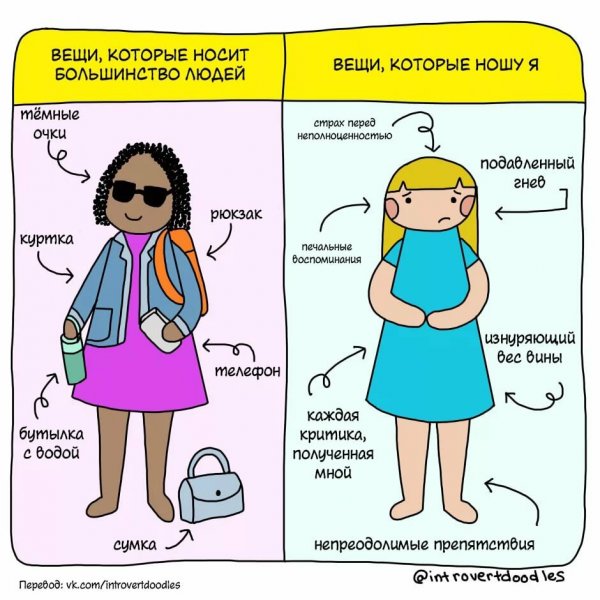 Yet the extroverted mask, however naturally it sometimes feels to put it on, isn’t me — “fake it till you make it” doesn’t work. To be happy at work, I have learned that I ultimately need coworkers to see me — and accept me — without that mask. I’m happiest when I use my introverted superpowers (listening, creativity, empathy, intense focus, and imagination, for example) toward my extroverted job.
Yet the extroverted mask, however naturally it sometimes feels to put it on, isn’t me — “fake it till you make it” doesn’t work. To be happy at work, I have learned that I ultimately need coworkers to see me — and accept me — without that mask. I’m happiest when I use my introverted superpowers (listening, creativity, empathy, intense focus, and imagination, for example) toward my extroverted job.
4. I need space to do focused work.
Introverts love having — and need to have — their own private sanctuaries. Experience in extroverted jobs taught me that I need that quiet space and time at work, too, whenever possible.
I can work in an extrovert-friendly open-floor plan office… sometimes. When I was in that situation in a few different jobs, I had fun chatting with coworkers, but I needed to get outside and take time to myself on breaks. I also felt like I was in a fishbowl — anybody could be looking at me at any time.
At work, I’ve learned that I can enjoy being more social, and have more energy to form genuine connections with others, if I have my own space where I have alone time to be productive throughout the day.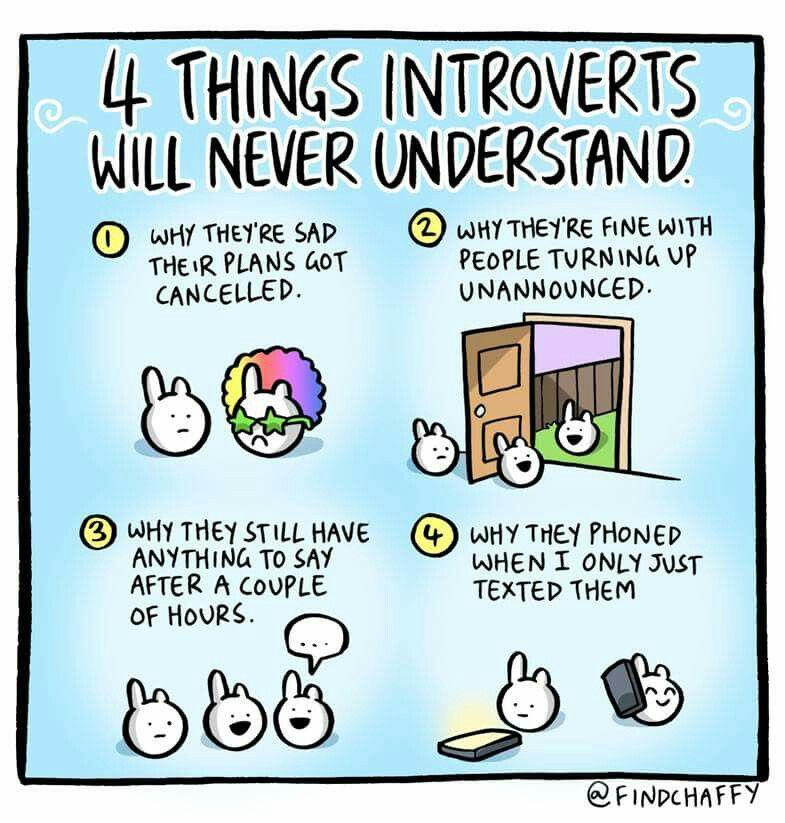
Join the introvert revolution. Subscribe to our newsletter and you’ll get one email, every Friday, of our best articles. Subscribe here.
5. There are certain times of day when I have more “extroverted” energy than others.
I’ve learned that my energy for interacting with people is only partially consistent with my energy levels in general. Mornings and early evenings are my higher-energy times. But they’re not necessarily my higher-extroverted-energy times.
For instance, first thing in the morning, I need to be alone with my coffee and knock out quiet tasks (like answering emails) so that I’m caught up and can start preparing for any other work on my agenda. This is actually one of the times of day when my energy is at its highest (I get most of my writing done in the mornings before work or on weekend mornings, for example). But it doesn’t mean that I also have extroverted energy at that time. I’ve realized that I need to do the intensive introvert-friendly solo tasks that require focus at the beginning of the day to gear up for the rest of the day.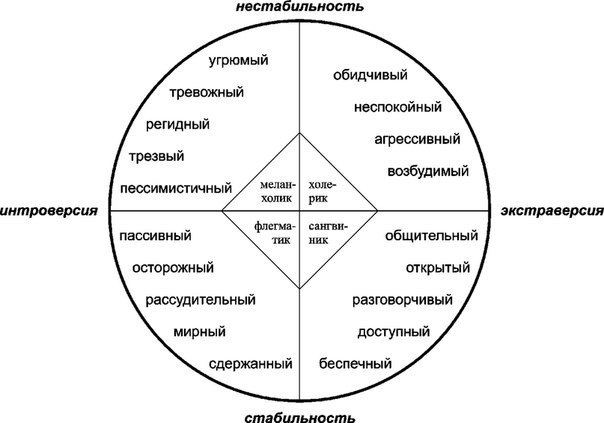
Once I’ve had that alone time to recharge and maximize productivity, however, mid-morning is a great time for me to interact with other people — it’s perfect for meetings, presentations, etc. Just past noon or so, however, I hit my afternoon slump, which lasts until about 3:00. But, funnily enough, extroverted activities, whether chatting with coworkers or completing a more extroverted work task, help me power through that slump. By late afternoon/early evening, when my energy picks back up and I’m unwinding from the workday, I’m ready for my introverted alone time again.
6. I can handle tough conversations… as long as I have time to prepare for them.
A tough conversation does not always include an outright confrontation, which I (like many introverts!) struggle with. Other types of tough conversations are almost as scary, though, even if they don’t center around a specific conflict you have with an individual. Over the years, whether it was telling someone we were out of their favorite ice cream flavor or that they needed to improve a grade to pass a class, it’s never been easy to tell another person something they may not want to hear.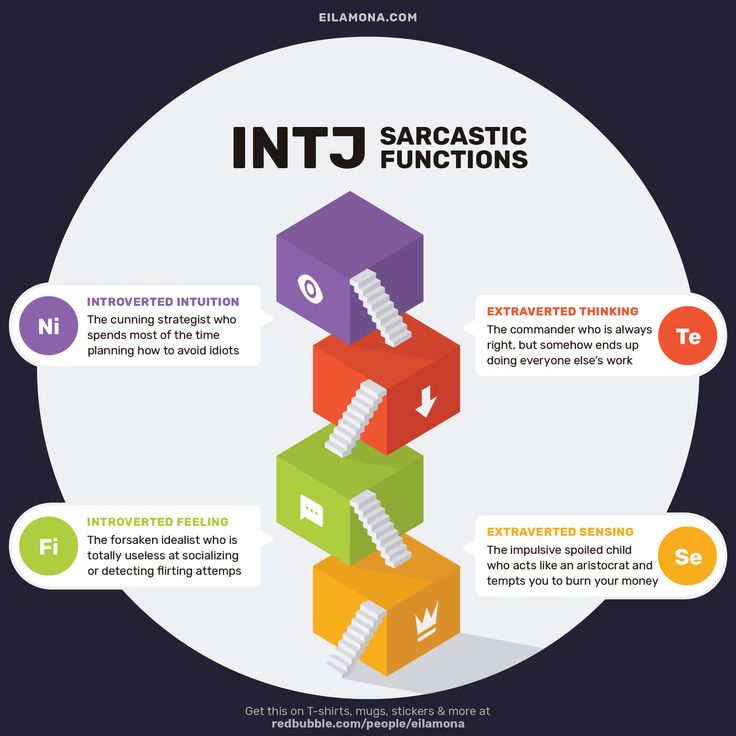
However, tough conversations are often necessary in extroverted jobs that involve working with people. Handling tricky conversations is an area I hadn’t known I could be confident in, and I attribute this to my extroverted jobs.
As an introvert who likes to be prepared, I plan out what I’m going to say and how I’m going to say it. I tend to be empathetic, so I’m instinctually mindful of how the other person is going to react. If time permits, I go through several versions in my head of how to start off, in order to ensure I’m coming up with the most compassionate way to address the issue at hand with the person I’m speaking with.
7. A well-rounded workday makes me happiest.
If I’ve been working on a repetitive task that has started to drain me, I love when the opportunity to interact with others comes up, whether it’s to talk about a mutual interest that helps me get to know that person better or even a fun, lighthearted conversation.
I do enjoy small-group chats or 1:1 conversations where I can genuinely connect with others; as an introvert, I usually prefer this to speaking with or being in a large group.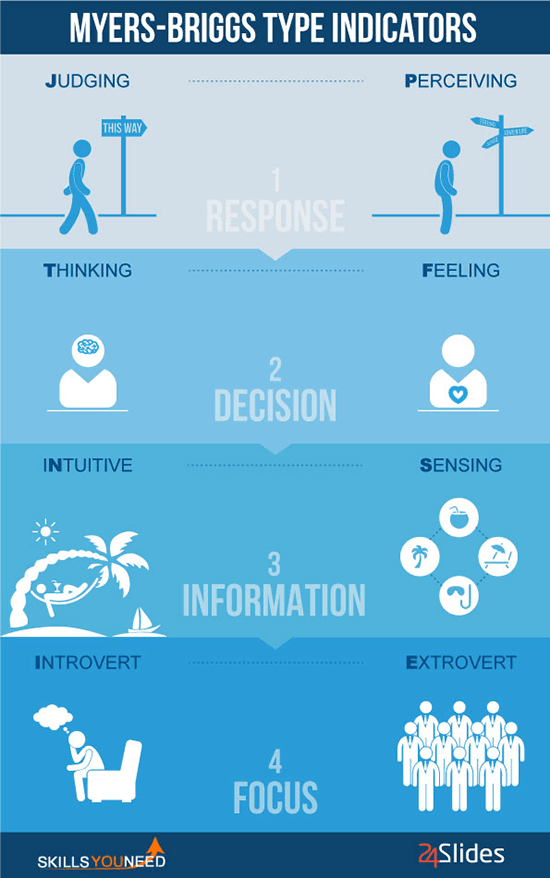 But, as was the case when I was a tour guide, I sometimes also enjoy speaking with larger groups, depending on the situation. At the end of the workday, though, my alone time is a welcome introverted respite.
But, as was the case when I was a tour guide, I sometimes also enjoy speaking with larger groups, depending on the situation. At the end of the workday, though, my alone time is a welcome introverted respite.
Overall, as an introvert who has mostly worked in extroverted jobs, I’ve learned that a well-rounded workday makes me happy. A balance of creative projects, steady, repetitive tasks, and interaction with others is what works best for me, because it allows me to use some of my introverted strengths, tap into my potential through testing my limits, and learn more about myself overall. That’s all any of us can hope for, right?
My fellow introverts, what have you learned through having extroverted jobs? I’d love to hear in the comments below!
You might like:
- How to (Quietly) Raise Your Profile at Work as an Introvert
- How Understanding My Introverted Nature Transformed My Career
- These Are the Ideal Careers for Each Introverted Myers-Briggs Type
We participate in the Amazon affiliate program.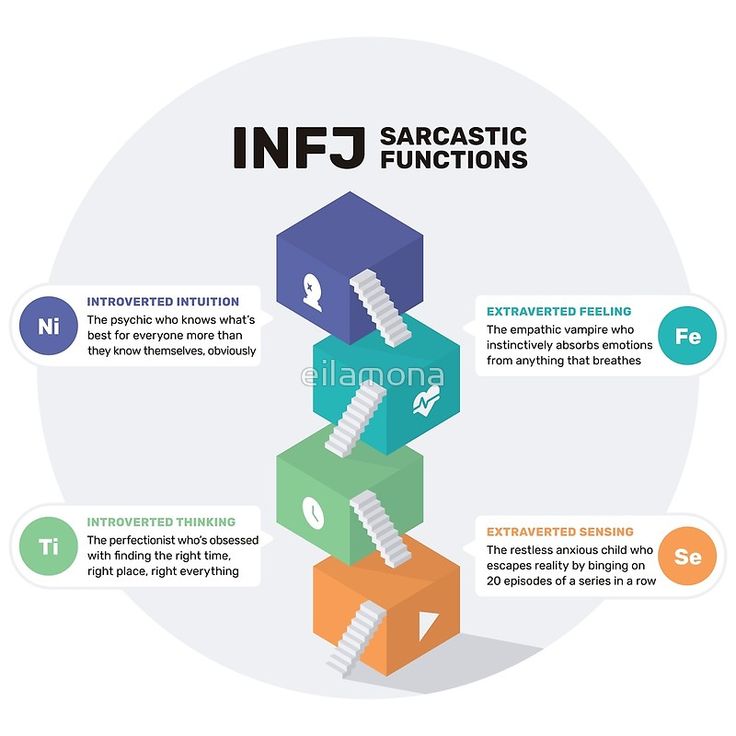
Can an introvert become a successful entrepreneur? — Career on vc.ru
Hello! I'm Vera Ivanova, lead tracker at Admitad Projects startup studio. Today I would like to share my observations about introvert entrepreneurs. It used to be kind of indecent to be an introvert.
3033 views
Remember all these motives from the last century: "Strength in the team" and others "It is important to be open to comrades." Well, if a person lives more “in himself”, then he is secretive - you can’t trust him!
Such stereotypes have been hammered into the heads for years and quite successfully formed a certain structure "introvert = almost a loser." What kind of entrepreneurship are we talking about here?
But has this model of perception passed from the system of the past to the modern one, or is it not a stereotype at all, but a harsh truth? And an introvert is such a 100% exclusively hired worker who does not want and does not know how to build a business with all its complex components: daily communication, expanding connections, the ability to defend one's position, and so on?
It looks like quite the opposite
The International Journal of Multidisciplinary Research and Development noted an interesting fact recorded by scientists in a number of field studies: introverts have their own management style - Servant Leadership. And it is this style that allows them to become more successful leaders, outdoing extroverts in their achievements.
And it is this style that allows them to become more successful leaders, outdoing extroverts in their achievements.
How so?
After all, an open and energetic extrovert-boss, radiating confidence - here he is, the image of a classic leader_successful_businessman? We constantly see such guys around us: in public life, at work, on YouTube and on TV, after all! And this seems to be logical: people who like to be in the spotlight, recharged from the energy of other people - these are the true leaders, aren't they?
But introverts, with their eternal detached position of a solitary observer, are not so simple.
We don't understand introversion in business?
Yes, it may be uncomfortable for them to communicate with a large number of employees or clients, but they can see the situation from the outside. A detached, coldly calculating view of business is no less important than the ability to actively and aggressively overcome all sorts of work difficulties. Yes, and face-to-face negotiations for an entrepreneur are no less, and often more important, than the ability to stay “in public”.
Yes, and face-to-face negotiations for an entrepreneur are no less, and often more important, than the ability to stay “in public”.
It is in such negotiations that an introvert can show his strong side: listen and hear the opponent, think over his words and give a balanced answer. Or take a pause for such an answer: after all, an introvert is usually not about fleeting decisions.
In addition, it is easier for an introvert to increase his presence in communication with a client, and this will most often be taken as a sign of rapprochement. But it is still more difficult for an extrovert to “reduce” his obvious bright personality, because this is a way of life.
It is also impossible not to note the advantage that is extremely relevant in modern society with its post-pandemic realities of remote communication. Here, by the way, well, it’s impossible not to remember this meme:
After all, extroverts are used to 100% use their personal charm and literally put pressure on a person with their charm, but now this possibility is severely curtailed in many industries.
And introverts, on the contrary, got new opportunities - to use the power of their "textual" charm in correspondence or in remote negotiations through the same Zoom. When they don’t even have discomfort from the physical presence of a person at arm’s length (of course, there is no escape from the very need to communicate).
Of course, it would be wrong to say that extroverts are not good at entrepreneurship, because various social skills such as the ability to sell and acquire connections are important. Here 1:0 in favor of extroverts.
But is it enough to achieve business goals? Is it possible to increase its value by selling only and expanding its own network of conditional sellers-buyers?
After all, you can expand the network, or you can understand whether the product has additional value.
And if it exists and the audience is willing to pay, then raising the price x3 will generate more revenue than another open store. More income and significantly less effort.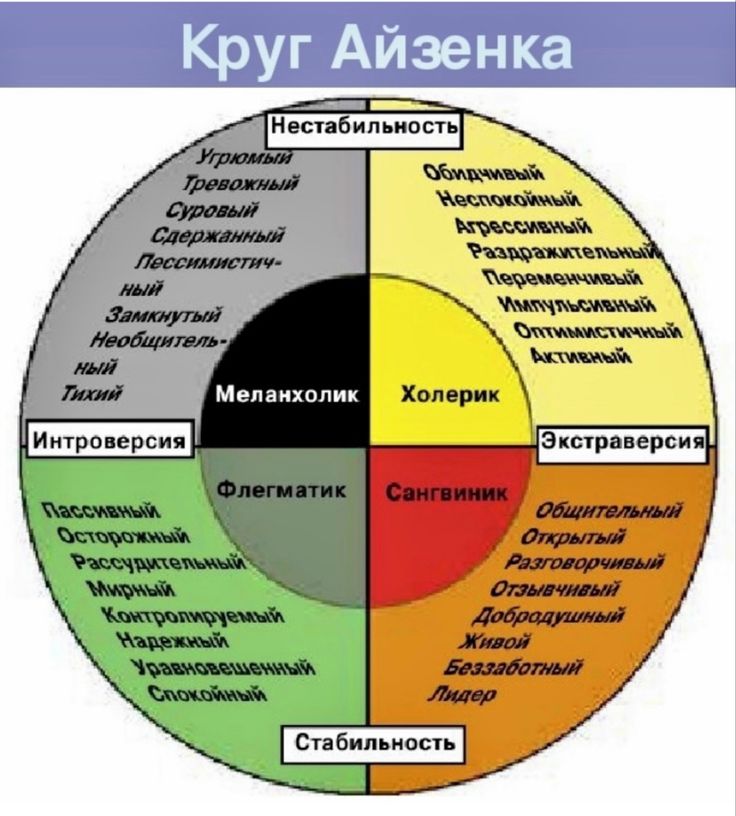 It is at such moments that an introvert comes in handy with his habit of looking at a problem from all sides, rolling it inside himself.
It is at such moments that an introvert comes in handy with his habit of looking at a problem from all sides, rolling it inside himself.
But introverts, due to their psychotype, have advantages not only in analytics and co. Strange as it may sound, sometimes an introvert is a much better conversationalist.
Greg McKeown, best-selling author of Essentialism writes, “No one wants to have a 'business conversation', especially those at the highest levels of business and politics. They crave real conversations and real relationships. You have to be authentic and sincere."
Judge for yourself, with whom would you like to communicate more: with a dominant speaker or a person who knows how to listen and hear not only himself?
Total: Introvert Entrepreneur Advantage
The issue discussed in this article has been repeatedly discussed in various venerable publications - Business Insider, Industry Weeks, Inc.
The same idea runs through all materials: it is easier for introverts to find a solution to a problem, and their thinking allows them to see the whole picture of the business.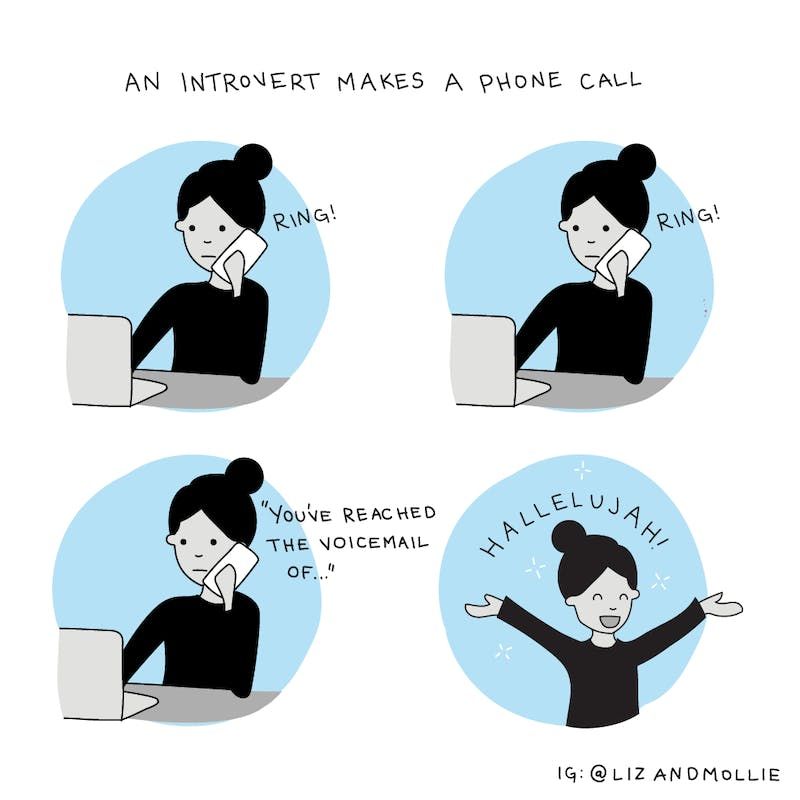 Introverts are better at resolving conflicts and are better leaders.
Introverts are better at resolving conflicts and are better leaders.
Let's try to collect in one list the traits common to most introverts and evaluate their possible importance for business. So, introverts:
- are more often realists than builders of cloud castles;
- put their peace of mind first;
- avoid contact with toxic/cynical people;
- do not try to please everyone, are picky in their social connections;
- listen more carefully than extroverts, can better understand the problem.
Each of these features can help the entrepreneur solve the problems of his company. And some of them will allow you to solve the same problems with really high quality.
So is it worth it for introverts to "get into business"?
Ask Warren Buffett, Bill Gates, Larry Page, Mark Zuckerberg or Elon Musk.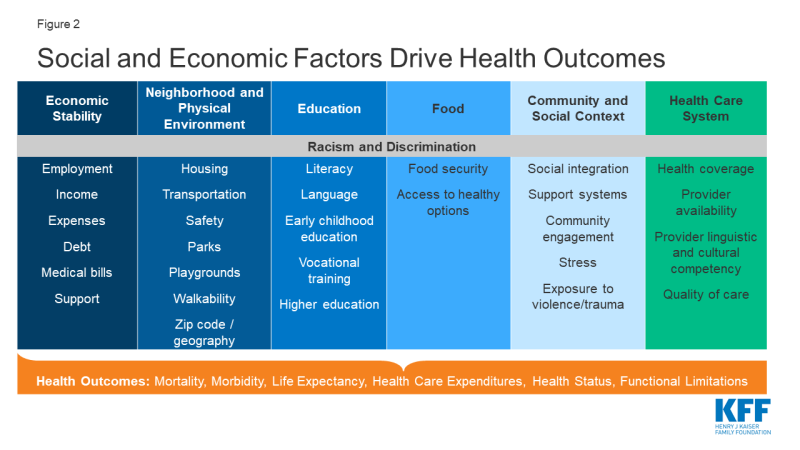 On the one side.
On the one side.
On the other hand, they took their places on the business Olympus not because they were introverts, but because they were able to develop in the right direction. Including using the strengths of the personality type.
If the introvert who reads this article is ready to work on himself, by analogy with these guys, then yes, he has every chance of becoming a successful entrepreneur.
And if not - ...well, being hired or freelancing can also get a good job. True, you may have to carefully hide your features and pretend to be an extrovert - because that's what management likes so much.
P. S. Both extroverts and introverts successfully coexist and work in our startup studio Admitad Projects. Look into our chat and Telegram channel - perhaps you will find something interesting for yourself.
Careers for extroverts and introverts. How to choose the right profession according to the psychotype
All these concepts came to us from the world of psychology.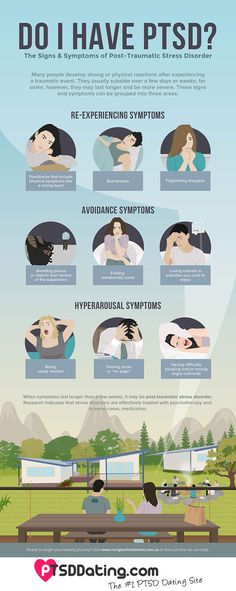 If you are not yet familiar with aspects of your Self, hurry up to get acquainted. After all, it is they who will help you understand which profession will bring maximum satisfaction, and who you should never become.
If you are not yet familiar with aspects of your Self, hurry up to get acquainted. After all, it is they who will help you understand which profession will bring maximum satisfaction, and who you should never become.
We have already talked about choosing a profession according to the type of temperament. Now it's time to talk about psychotypes.
Introvert or extrovert: who are you?
In a company of friends, a school class or a university group, sociable people who pay attention to their person always stand out. They love to be the center of attention, have excellent public speaking skills, and make friends easily.
These people are extroverts. They resemble a clot of energy, which is first wasted, and then immediately replenished due to interaction with the outside world.
Their complete opposite is introverts. These people purposefully go into the inner world. They do not like noisy companies, as they are not very sociable. An introvert does not like to waste his own energy on outsiders, trying to accumulate it inside himself. As soon as he visits public events, he immediately feels exhausted, devastated. To restore vital energy, he will have to be alone for some time - only this will give him strength.
As soon as he visits public events, he immediately feels exhausted, devastated. To restore vital energy, he will have to be alone for some time - only this will give him strength.
Some people confuse introverts with social phobes, misanthropes, and other types of anxiety disorder. But this is a big mistake! Introverts do not experience fear and anxiety before communication, dislike for others, do not have a sense of inferiority. They just prefer silence and solitude.
An ordinary introvert will easily survive forced communication or the need to speak without any stress choose for yourself.
Extrovert
Extroverts are people who prefer an active social life. It is important for them to win the favor and approval of others. However, this is given to them without much difficulty, because the ability to win over is in the blood.
Experts unanimously assert that this personality trait is innate, like eye color, height, etc.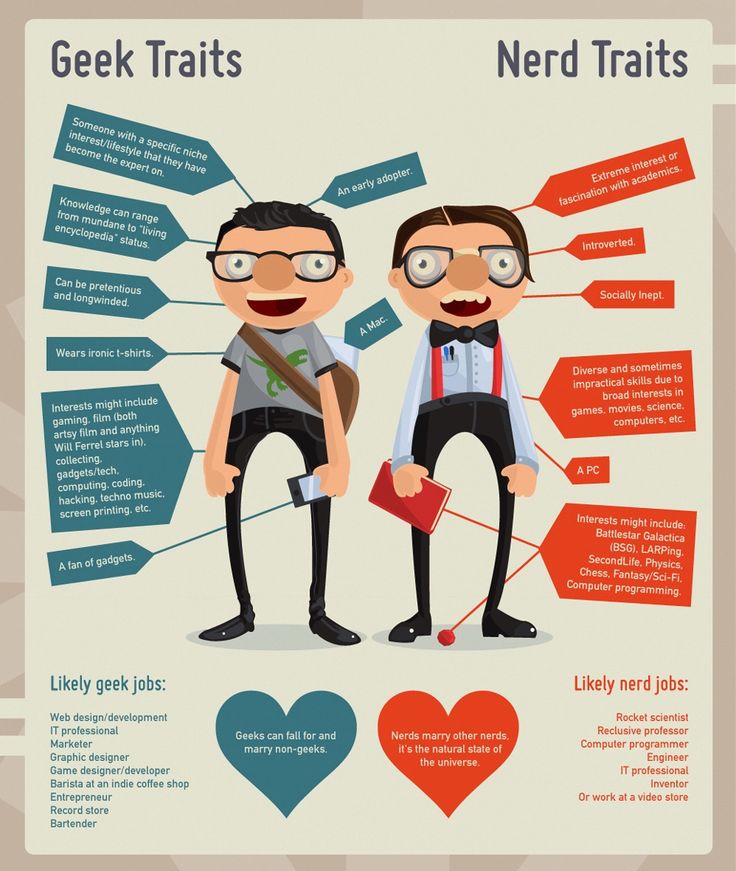
Such a person seeks self-realization in the professional sphere, doing everything possible to get material, psychological recognition. And to achieve his goals, he uses the energy of others.
An extrovert is easy to recognize by external signs. They are characterized by:
- active gestures,
- confident voice,
- impulsive behavior,
- sparkling humor.
His strong point is communication with people, effective organization of employees. And he uses all this for his own realization
Professions for extroverts
Given all his qualities, it is not surprising that he consciously chooses to work with a large team. It is important for him to find a place where all the levels of the hierarchy will be clearly spelled out in order to methodically reach the intended goal.
Extroverts like to actively influence the world around them. They like to act, not to be an outside observer. That is why you will most often find them in the following professions.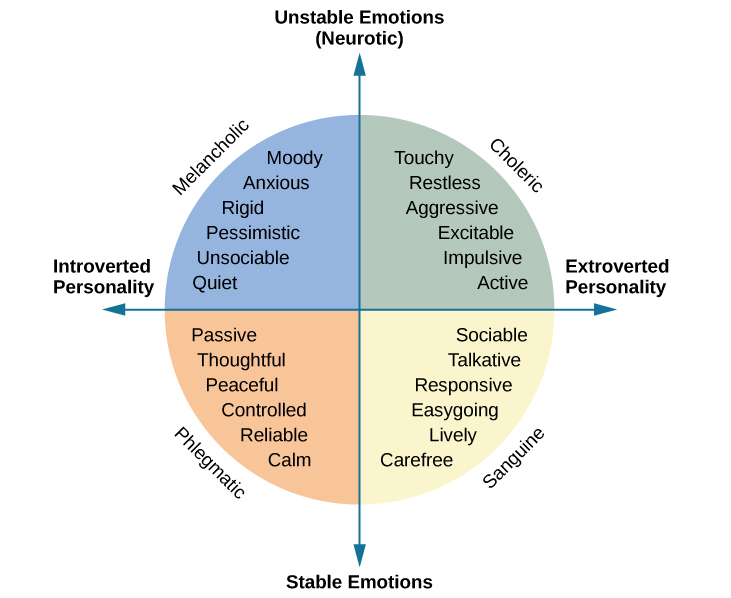
Educator
Here the extrovert is in his element, because he is constantly accompanied by dozens of curious and adoring eyes, for whom he is a king and a god! It was not in vain that he chose this profession: extroverts are most similar to children in their openness and curiosity. Primary school teacher, educator or tutor - such professions will never bother our hero!
Advertising manager
It is vital for this specialist to be able to influence people, to convince. And here the skills to quickly make acquaintances and easily find a common language for an extrovert will come in handy. He feels fine in such an active environment. But he will need business acumen.
Secretary, assistant manager
The essence of this profession is to actively help another person, in organizing his work, and often personal time. And it is not surprising if often in the course of his official duties he has to push his own life into the background.
However, what many consider to be a minus, an extrovert often sees as an advantage, because here he can actively participate in the most interesting processes.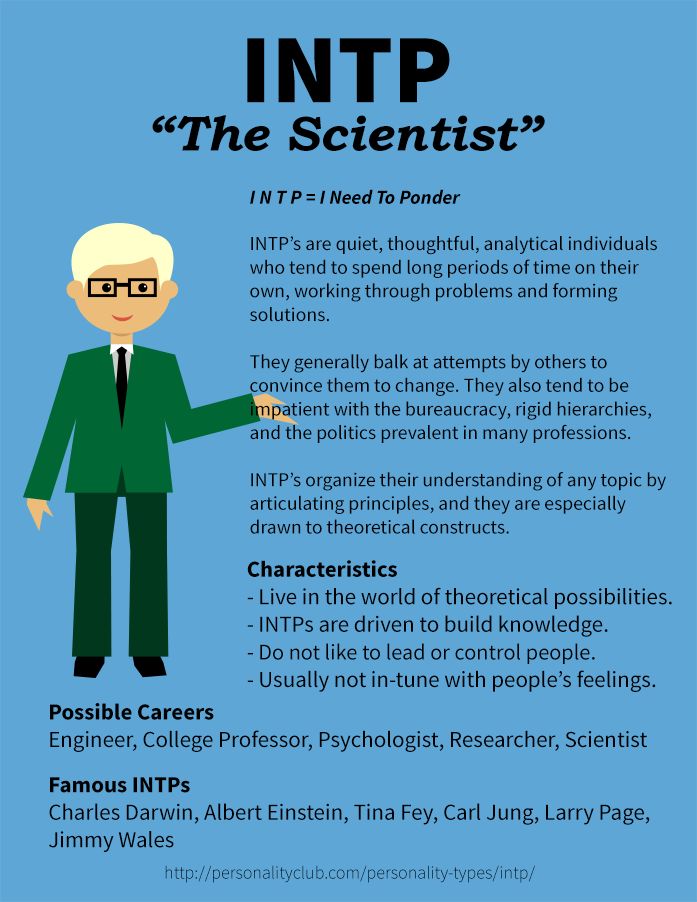 And rewards for this help significantly increase his motivation.
And rewards for this help significantly increase his motivation.
Take a look at the famous pair of introverted misanthrope Sherlock Holmes and extroverted humanist Doctor Watson.
HR specialist, recruiter, personnel officer
Recruitment, assessment of the candidate’s abilities and his suitability for a particular position, conducting interviews, selecting a team for the most effective performance of a variety of tasks of any complexity ... Many of these duties may seem tedious and extremely boring .
But only an extrovert will be sincerely happy to invest his own energy in communicating with unfamiliar people, being in the eternal search for candidates with the competencies he needs, in resolving difficult relationships within the team.
Guide-interpreter accompanying tourist groups
This person will be the main interlocutor and escort outside your home country. His artistic nature allows him to easily find a common language with several tourists, settle conflicts that have not yet begun and fall in love with other countries.
With an extrovert guide, you will learn the most intimate secrets and interesting details about the life of foreigners, hear the best anecdotes and funny situations, entertaining stories related to sights.
Make no mistake about him: he is well aware of the responsibility entrusted to him and will resolve even the most difficult situation!
Organizer of shows and holidays, presenter, toastmaster
Well, everything is clear here. An extrovert is a person whose energy splashes outward. Putting on shows and parties for people is in his blood.
Usually extroverts are the best at improvising, controlling the levers of any invisible processes, being the center of attention.
Correspondent, journalist
The main feature of journalists and especially correspondents is their ability to communicate and curiosity.
Here, an open person will be most welcome, who, even when sleepy, will be glad to make contact and win over the first person he meets.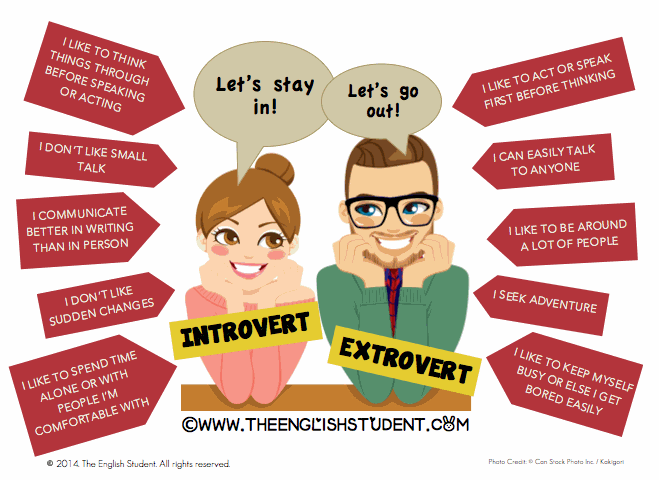 It will not be difficult for him to get out of any difficult situation with dignity and quickly process the information received.
It will not be difficult for him to get out of any difficult situation with dignity and quickly process the information received.
An extrovert likes to learn any news and share it with others.
Administrator
An extrovert is good at organizing and motivating people, which are essential qualities of a good administrator.
It is enough to have a little self-confidence, developed self-discipline, motivation in order to solve any issue in the best way.
Police officer, officer
Extroverts love a structure with a strict hierarchy, a pronounced strong leader. This greatly increases the attractiveness of any profession for an extrovert. That's why he likes to be a high-ranking policeman or military man.
If the truth is on his side, he will move towards his intended goal by any means. And the accompanying glory of the guardian of order or defender gives this process a special nobility and additional charm.
Lawyer
Here the extrovert acts as a predator tamer. Just one unusual question, one well-placed gesture can turn the situation upside down. That's why juries often like him so much.
Just one unusual question, one well-placed gesture can turn the situation upside down. That's why juries often like him so much.
An extrovert is often sure that he is right, so he will try to do everything to get his ward out of a difficult situation.
Introvert
Introverts are closed and focused on exploring their own inner world
American psychologists are sure that there are not so many introverts among us - only 30%. And many people misunderstand the true nature of this psychological type. We offer a detailed understanding of this issue, so as not to be victims of prejudice.
So, an introvert is someone who is the first to leave a noisy party under the pretext of a trip to the country or extreme fatigue. Many people think that these tricks are complete nonsense. In fact, there is no catch and deception, because the introvert really prefers rest alone to a cheerful noisy gathering.
Introversion is an innate quality of the psyche, which is characterized by the orientation of the personality towards oneself or inside oneself.
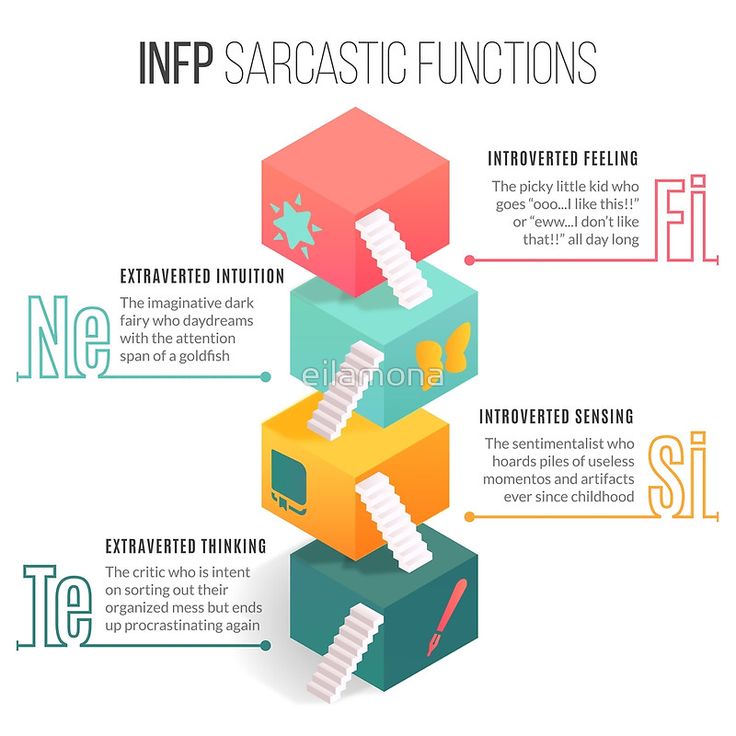
If an introvert has to interact with others for a long time, he experiences great stress. But he tolerates short contacts quite normally.
American scientist Eysenck distinguishes 2 types of introverts :
- emotionally stable introverts correspond to the phlegmatic type of temperament;
- emotionally unstable (neurotic) introverts correspond to the melancholic type of temperament.
Unlike extroverts, who draw their vitality from communication with others, introverts take energy from their own emotions, experiences, memories
Their source is their own inner world, which is why they turn to it so often. It is enough for an introvert to sit at home, in peace and quiet, listen to nostalgic music, remember a trip with friends three years ago - and he is a cucumber!
Professions for introverts
Such a person is suitable for any profession that requires great concentration.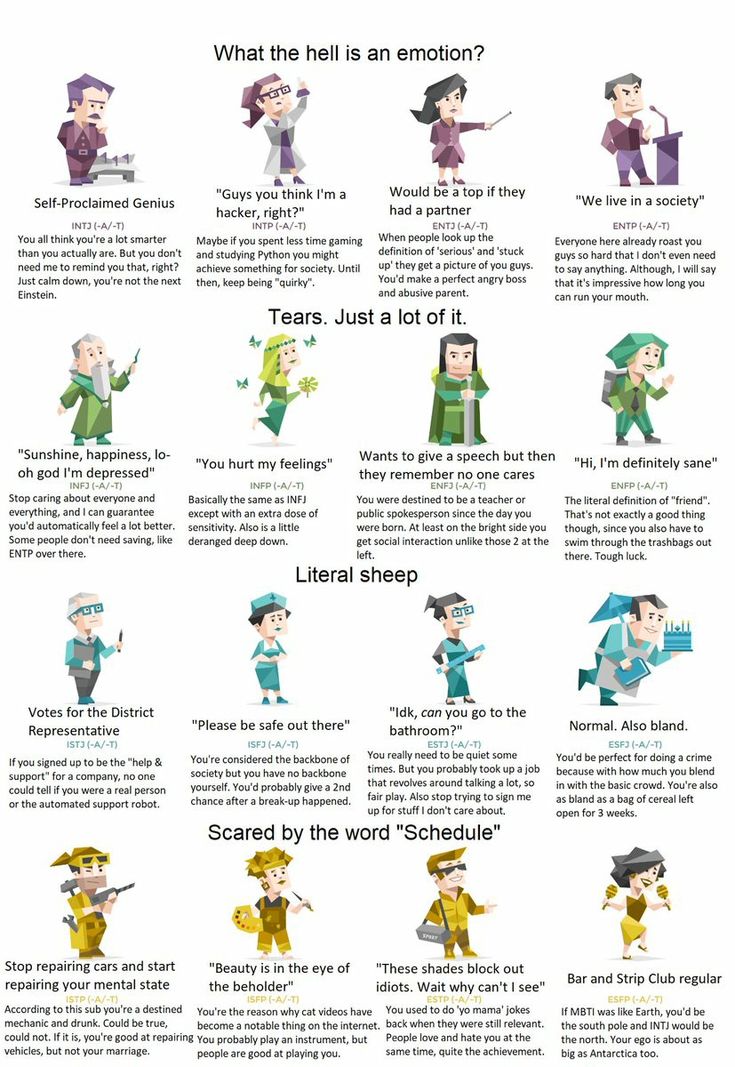 He does not feel discomfort if he has to be in one place for a long time and alone.
He does not feel discomfort if he has to be in one place for a long time and alone.
Introverts become good scientists, philosophers, writers, explorers, travelers.
Distinctive features of introverts:
- organization,
- punctuality,
- restraint,
- discretion,
- thoughtfulness,
- pedantry.
Despite outward calmness, strong emotions can rage inside an introvert
Many mistakenly believe that introverts are often insecure and modest. In fact, most of them have a fairly high self-esteem. It's just that they are not characterized by demonstrative behavior, which is why others do not understand them.
Introverts are loved for their constancy. They do not like change, so they try to stay in the same job as long as possible. But at what kind of work - we now find out. Check out the list of the most acceptable jobs for introverts.
Account Manager, Social Media Manager
In general, any profession that can only communicate via e-mail or social networks is suitable here.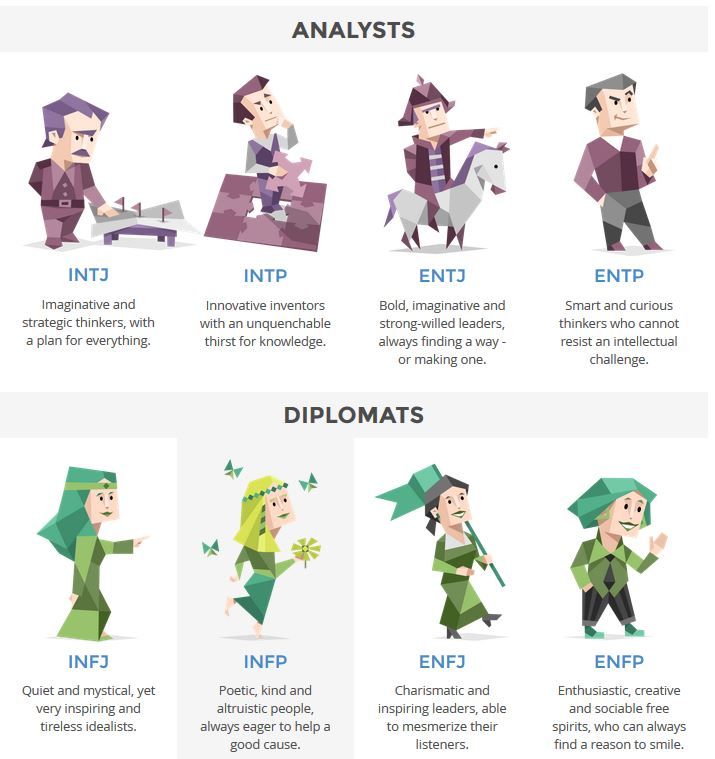
Introverts love familiar surroundings without crowds of strangers. So they minimize the stress factor. But for such activity it is necessary to have a high level of self-organization.
Copywriter, blogger, writer
Like any creative person, an introvert needs self-realization. And it is quite natural that he wants to be heard. At the same time, he does not like to communicate with people. Paradox? Not at all if you try to do it in writing.
Database Worker
Many organizations need specialists to complete and maintain databases.
Few people last long in this position. Perhaps an introvert who can easily concentrate on one task for a long time, perform mechanical work and at the same time communicate with the outside world to a minimum.
Analyst
Sales, Marketing, Logistics, Finance – almost every business needs an analyst. An introvert here will feel in his element: perform an analysis of external and internal factors, indicators, develop a strategy for bringing the direction to a new level.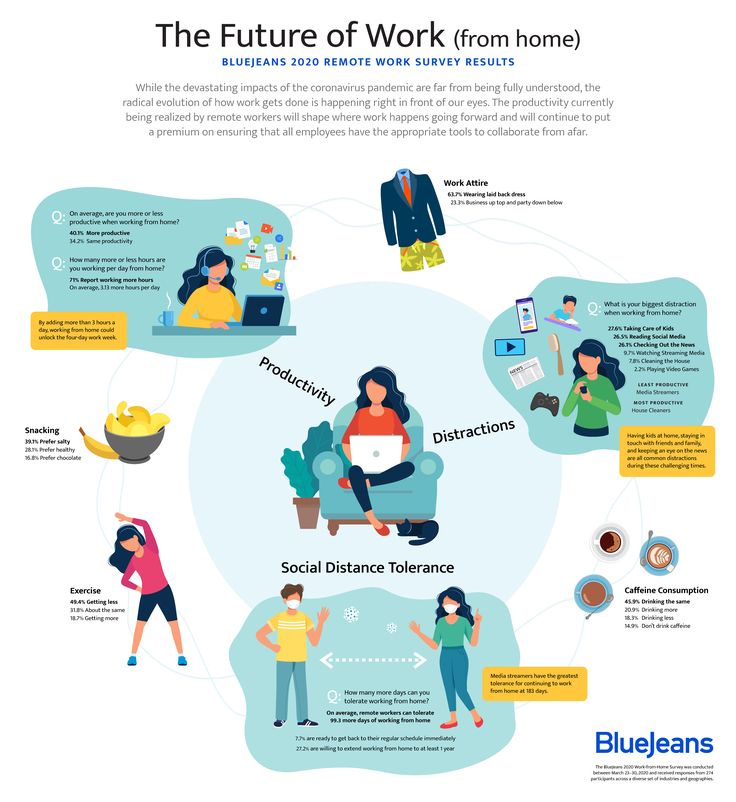
Most of the work is related to algorithmization, but an introvert can also realize himself from the creative side.
Accountant
In accounting, an introvert likes clear regulations from the legislation.
But there are nuances. Often, working as an accountant is associated with a high level of stress. In addition, many accountants are forced to constantly contact with external counterparties and services (auditors, banks, tax authorities, suppliers, contractors, etc.).
IT specialist
We all know at least a dozen jokes about programmers who live in their own world of codes and numbers. As they say, in every joke there is a share of a joke.
Many introverts go to the world of virtual reality not only for professional realization, but also for high earnings. And here there is where to turn around: a system administrator, a technical support service, an external consultant, a developer, and many other specialties involve independent work and minimal communication.
Laboratory worker, researcher
Often, introverts get jobs in research laboratories, whether it be a scientific department or a medical institution. Communication with the outside world here is carried out not through people, but through materials and data that need to be studied and verified.
However, many scientists can interact more actively with others (for example, when conducting psychological or sociological research).
By the way! It is not necessary to break yourself if it does not come out with writing a term paper, control or other scientific work. For our readers, there is now a 10% discount on any kind of work that can cause difficulties.
Technologists
Process engineer, process chemist, technical specialist - all these people are involved in the development of new recipes, quality control of raw materials, analysis of the results, search for the causes of marriage.
True, from time to time an introvert will still have to communicate with customers or suppliers, to make a product presentation.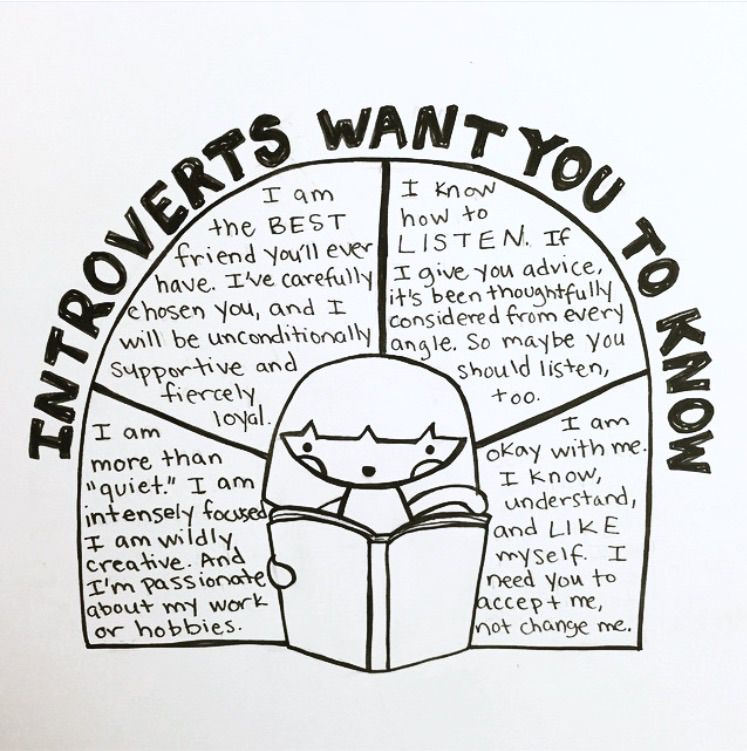 But more often than not, he will not experience much discomfort from this, because he will remain alone with his thoughts for the lion's share of the time.
But more often than not, he will not experience much discomfort from this, because he will remain alone with his thoughts for the lion's share of the time.
Worker of art
An introvert as a creative person must be able to realize himself. And any area of art is great for this. It is enough just to be able to turn it into a professional activity.
Believe it or not, introverts are great conversationalists and friends. By mistake, many people think that they do not know how to properly build communication. In fact, they can do everything, they just do fine without it
Question: what if I like a profession that does not fit the description at all? You have to think logically here. If an extrovert chooses a position where he cannot waste his energy during the working day, he will endure the brain of the home.
If, on the other hand, an introvert has to be constantly in the thick of things, he will feel like a squeezed lemon. Both inevitably lead to long-term stress.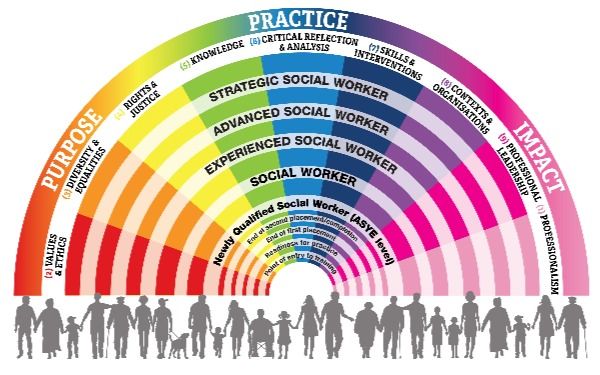
Some will throw up their hands in bewilderment: “But what if I don’t fit any of the above descriptions?” Then the next paragraph is for you.
Ambivert
Ambivert is the most flexible personality type, able to adapt to any conditions.
Ambivert is an intermediate option between an introvert and an extrovert
What does it mean to you if you are an ambivert? This means that you have an unlimited choice of professions. Depending on the situation, you will manifest the qualities of either an introvert or an extrovert. With different people, you will be either a reckless merry fellow, or a modest quiet one.
American researchers have calculated that approximately 38% of people are somewhere between introverts/extroverts.
Ambiverts are average in all respects. For example, they feel completely calm not only in the crowd, but also alone.
It can be different. For example, sometimes they want to feel like the center of the universe and the soul of the company.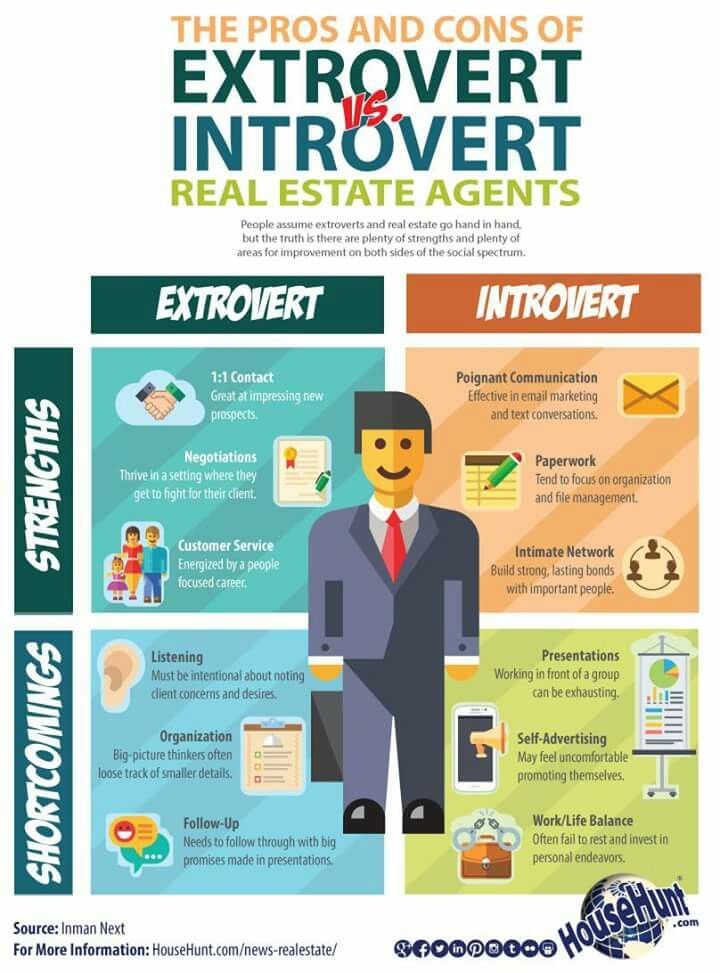 But it often happens that they need to be alone with themselves.
But it often happens that they need to be alone with themselves.
In general, these people combine the strengths of both psychological types: their sociability, friendliness and openness are harmoniously combined with concentration, the ability for solitude, introspection. This gives them more freedom to build their own lives.
Introverts and extroverts behave stably under the pressure of this life. From time to time they can change their behavior to the opposite, but only for a short time. Otherwise, they will burn out.
And the ambivert can easily maneuver between the two categories, using his nature of variability according to the situation, without experiencing much discomfort. Comfortable for him is the zone that at the moment will not waste his nervous system.
Occupations for ambiverts
Despite the fact that ambiverts can easily work in almost any kind of activity, there are still areas that promise them the greatest prospects.
For example, American research by Adam Grant showed that ambiverts are much more effective in sales than extroverts, let alone introverts. The reason for this is that although a successful salesperson must have a certain amount of self-confidence, an extrovert will be assertive and self-confident a little more than necessary to close the sale. Meanwhile, the ambivert is sensitive to the client and can balance between confidence and sociability.
In addition, good people come out of ambiverts:
- stock exchange workers,
- social workers,
- event organizers,
- resellers,
- politicians, diplomats.
Be that as it may, belonging to a certain psychotype is not a diagnosis. Always remember that a person creates his own destiny and determines his place in life. Our task is simply to listen to the body so that the chosen place brings maximum pleasure and minimum stress. The main thing here is to work on yourself, to develop yourself.